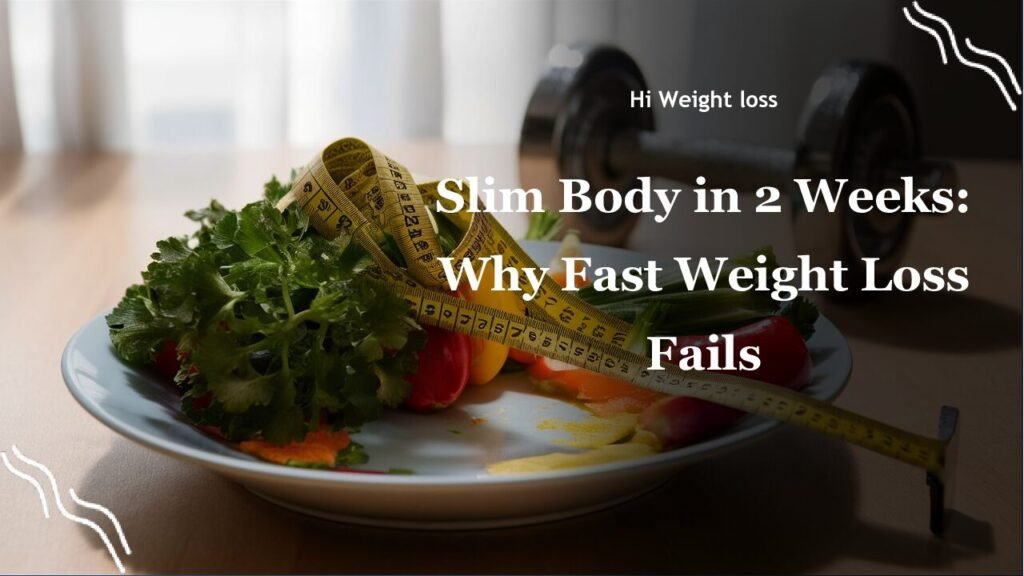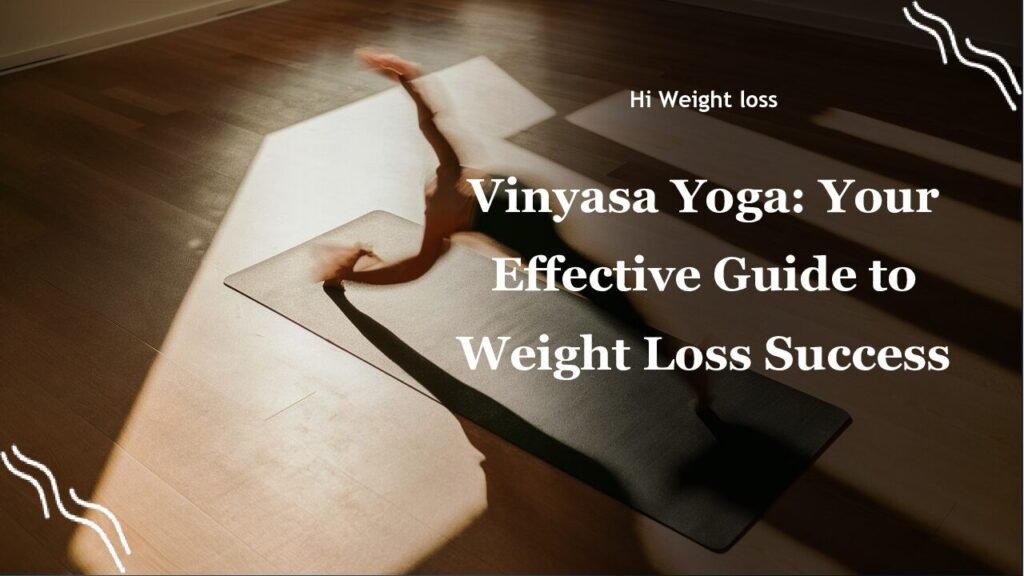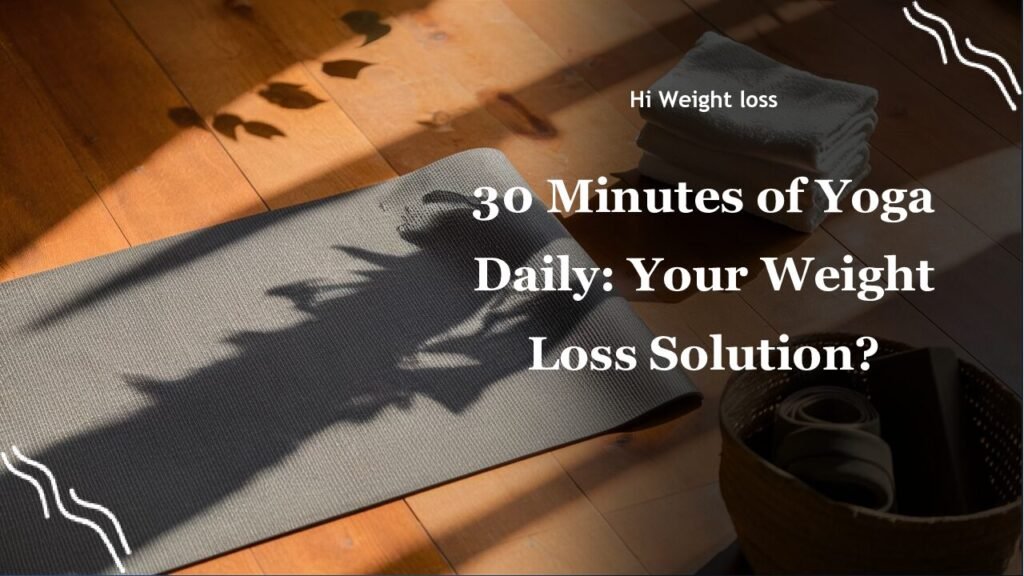“`
Feeling the pressure to quickly *slim your body in 2 weeks*? It’s a common desire, especially with a big event on the horizon, but the truth is, rapid weight loss is often unsustainable and can even be harmful. I remember a time when I tried a crash diet before a wedding, and while I saw a short-term change, it left me feeling exhausted and ultimately back to square one. In this article, we’ll explore why rapid weight loss isn’t the best approach, and discuss healthier, more sustainable strategies for making positive changes. We’ll delve into what the experts recommend and provide you with practical tips that will work better in the long run, so let’s get started.
Why Fast Weight Loss Is Not the Answer
Many of us have probably dreamt of a *fastest way to lose weight in 2 weeks*, but the reality is, drastic measures can lead to more harm than good. Have you ever tried a diet that promised significant results in a short period? I know I have. Those types of diets often require severe calorie restrictions, which can result in nutritional deficiencies, muscle loss, and a sluggish metabolism.
The science supports this. According to MedicineNet, a realistic and healthy weight loss goal is to lose one to two pounds per week. This approach allows your body to adjust gradually and minimizes stress, which is crucial for your overall health and wellbeing. It’s like trying to build a house in a day – you might get something up quickly, but it’s unlikely to be sturdy or sustainable.
I’ve seen friends struggle with the aftermath of crash diets – they often experience rebound weight gain because their bodies are in a state of stress and are more prone to regaining the lost pounds. It’s a frustrating cycle.
Understanding the Risks of Rapid Weight Loss
What are the specific dangers of trying to *slim body in 2 weeks*? Rapid weight loss can put your body through a lot of unnecessary stress. This stress can manifest in various ways. You might find yourself constantly fatigued or experiencing increased irritability.
Another significant risk is muscle loss. When you drastically cut calories, your body might start breaking down muscle for energy. This can slow down your metabolism and make it harder to lose weight in the long run. Furthermore, rapid weight loss can sometimes lead to gallstones, an issue I personally know someone who experienced after a very extreme weight loss plan.
And let’s not forget about the mental impact. Constant hunger and severe restrictions can lead to an unhealthy relationship with food, causing anxiety and obsession. Trust me, a balanced and sustainable approach to health will always be more effective and fulfilling than any extreme diet.
A Gradual Approach: Why Slow and Steady Wins the Race
So, if aiming to *slim body in 2 weeks* is not ideal, what should you do instead? A more gradual and sustainable approach is the key. Think of it as building a healthy lifestyle instead of just trying to lose weight quickly.
I’ve found that making small, consistent changes is far more effective. This could mean adding a short walk to your daily routine or swapping out sugary drinks for water. These might seem minor, but they compound over time, leading to noticeable and lasting results.
Zenhabits, offers a great 5-step weight loss plan focusing on gradual changes and healthier choices. It emphasizes the power of consistent actions over quick fixes, something I’ve learned to appreciate in my own health journey.
This slow and steady method also promotes a healthier mental state, as you’re not constantly battling feelings of deprivation. It allows you to enjoy your meals and celebrate progress along the way, creating a much more positive and rewarding experience.
Practical Tips for Healthy, Sustainable Weight Management
Instead of searching for *quick body slimming tips in 2 weeks*, let’s focus on actionable steps you can incorporate into your daily life for lasting health. Remember, the goal is to cultivate healthy habits, not just shed pounds.
Start by focusing on your diet. Increase your intake of whole, unprocessed foods, such as fruits, vegetables, lean proteins, and whole grains. I always tell my friends to make sure at least half their plate is filled with colorful veggies. It’s a simple trick, but it works wonders!
Portion control also plays a crucial role. Using smaller plates can trick your mind into feeling satisfied with less food. Try drinking a glass of water before meals; sometimes, we confuse thirst for hunger. And don’t forget the power of mindful eating – savor each bite and pay attention to your body’s cues.
Physical activity should be another cornerstone of your plan. You don’t need to spend hours in the gym. Incorporate movement into your day, such as a brisk walk or a bike ride. Start with something you enjoy – it’s more likely you’ll stick with it.

Here’s a simple table to help you organize your approach to sustainable weight management:
| Action | Frequency | Example |
|---|---|---|
| Increase water intake | Daily | Drink a glass before each meal |
| Eat more vegetables | With most meals | Fill half your plate with them |
| Engage in Physical activity | Most days of the week | Go for a 30 minute walk |
| Mindful eating | At every meal | Chew slowly and savor flavors |
Remember that consistency is key. Small daily improvements will lead to significant results over time. It’s about establishing a healthy lifestyle you can sustain.
Intermittent Dieting: An Alternative Approach (with caution)
While rapid weight loss is not advised, there’s an interesting concept called intermittent dieting that’s worth discussing. Medical News Today discusses a study that suggests taking 2-week breaks from calorie-restricted diets might actually lead to better results compared to continuous dieting.
However, it’s crucial to remember that this approach is not suitable for everyone, and professional guidance is highly recommended. Intermittent dieting involves a period of reduced calorie intake, followed by a break, which can help prevent your metabolism from slowing down as much as it would with continuous dieting.
I have a friend who tried intermittent fasting and found it worked well for her, but she was under the guidance of a nutritionist. It’s important to note that these types of approaches need careful monitoring to ensure they’re done safely and effectively. If you’re considering intermittent dieting, please consult a healthcare professional first.
Conclusion
So, can you *slim your body in 2 weeks*? While you might see some immediate changes, aiming for rapid weight loss is generally not the healthiest or most sustainable way to approach your health goals. Instead of drastic diets and quick fixes, focus on making gradual, sustainable changes to your lifestyle. Remember my experience with that crash diet before the wedding? It taught me that lasting changes come from consistency, not desperation.
Prioritize a balanced diet rich in whole foods, incorporate regular physical activity into your routine, and practice mindful eating. These habits, when practiced consistently, will yield far more rewarding results in the long term. Remember that it’s not about a number on the scale, it’s about feeling good and healthy. It’s about building a lifestyle, not just chasing a quick fix. The journey to a healthier you is not a race but a marathon. Are you ready to take the first step towards a more sustainable lifestyle? Share this article with your friends or family who might be looking for healthier alternatives.
FAQ
Is it really possible to see significant weight loss in 2 weeks?
While it is possible to see some weight loss in 2 weeks, significant and healthy weight loss is usually a more gradual process. It’s better to focus on lifestyle changes rather than quick results.
What kind of exercises are best for sustainable weight management?
Find activities you enjoy and can do regularly. This could include walking, jogging, swimming, cycling or dancing. The most important thing is to be consistent.
How can I avoid rebound weight gain after making lifestyle changes?
Focus on making sustainable changes that you can maintain over the long term. This includes eating a balanced diet, exercising regularly, and maintaining a healthy mental state towards food.
What if I feel discouraged or not seeing results as fast as I want to?
Be patient with yourself and celebrate small wins. It takes time to build new habits and see results. If you are discouraged, talk to a friend, family member, or a health professional.
Is intermittent dieting suitable for everyone?
No, intermittent dieting is not suitable for everyone and should be approached with caution. It’s important to consult with a healthcare professional before starting any new diet or exercise plan.
“`



